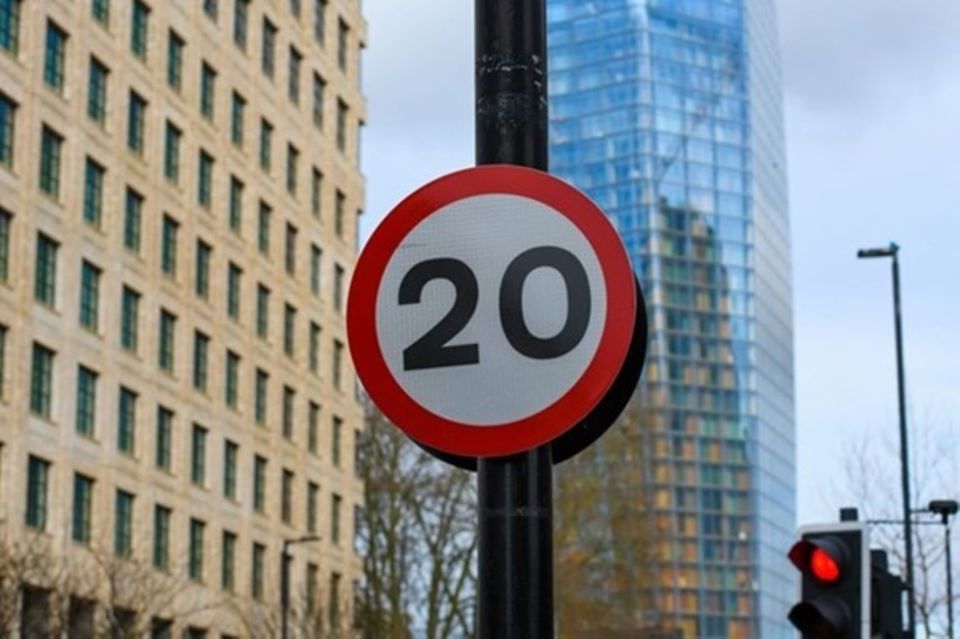With new data showing a significant reduction in road casualties in Wales following the introduction of 20mph speed limit, fleets have been urged to back calls for its wider use.
The figures revealed that there were 100 fewer people killed or seriously injured on 20mph and 30mph roads compared with the same period the year before, a fall of 28%.
The Welsh government switched the default speed limit on mostly urban roads on September 17, 2023, and with some exemptions most 30mph roads became 20mph.
The public backlash prompted a review of the policy, and councils are currently considering whether more roads can be switched back to 30mph.
Cabinet secretary for transport and north Wales, Ken Skates, said: “The picture continues to be encouraging with the number of collisions on our roads at their lowest level for this quarter.
“We know there is a way to go and we’ve always said it will take a number of years to see the full impact of the policy but to see the figures for this quarter at their lowest level is positive.
“We continue to build on the consensus that where 20mph is the right speed it works well. We have listened to people on the policy and we have empowered local authorities to make changes where it is safe to do so.”
Peter Golding, managing director of FleetCheck, believes that, while it is fair to suggest more experience is needed to find out whether this pattern is sustained, the results suggest that lower limits are having a “dramatic effect on casualties”.
He added: “Organisations such as Brake and Cycling UK are backing the call for wider use of 20mph zones and the question is whether the fleet sector should do the same?
“It’s arguable that there is not just a moral imperative to do so but that it is very much in the spirit of the driving at work risk management culture.”
He says that anecdotal feedback from fleets about lower speed limits was mixed. Some saw them as a hindrance to efficiency while others were relaxed about their operational impact and recognised the potential they had for improving safety, he explained.
“Drivers of cars and vans who make multi-stop journeys in urban areas are often resistant to 20mph zones because they are going from appointment to appointment in difficult traffic conditions and the lower limit just feels very slow,” he said.
“There’s also an argument that lower speed limits may force some fleets, such as delivery companies, into reducing the number of drops they can make in any given time period, and it would be interesting to hear about the experience of these businesses in Wales.
“However, there remains the potential for hundreds or even thousands of fewer road casualties every year if we adopted similar measures in England, Scotland and Northern Ireland, and that’s something very difficult for fleets to ignore, in our opinion.”





















Login to comment
Comments
No comments have been made yet.